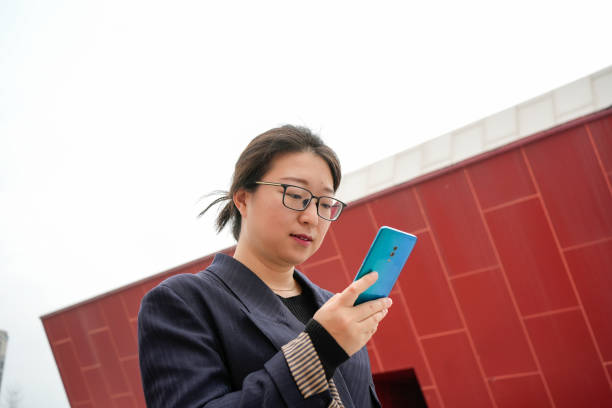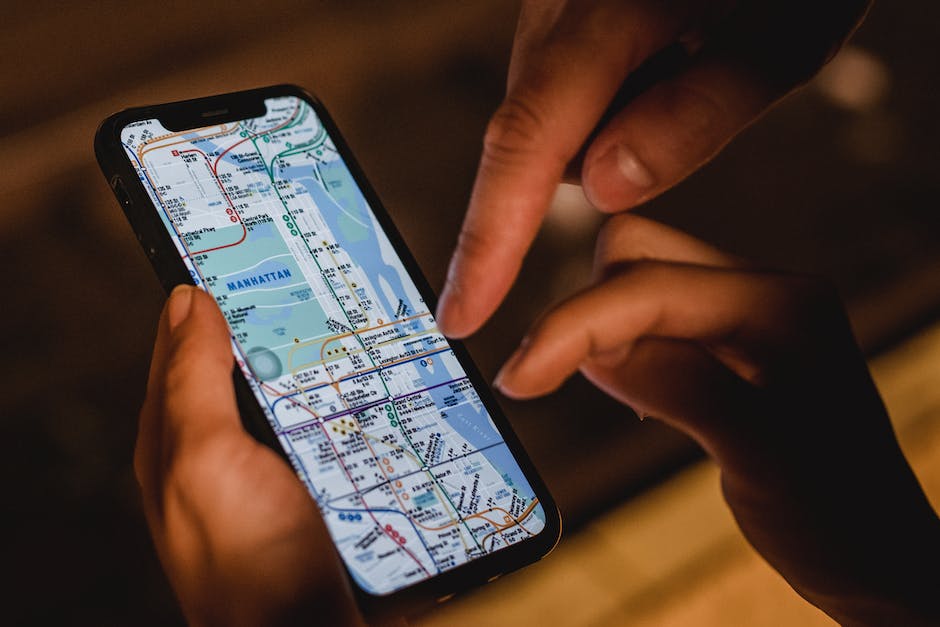As we age, staying connected and having access to essential services becomes increasingly important. The Lifeline program, initiated by the Federal Communications Commission (FCC), is a vital resource that provides discounted phone services, broadband internet, and other emergency communication options to eligible seniors. In this article, we will explore Lifeline for seniors, including its benefits, eligibility requirements, service providers, application processes, and frequently asked questions.
What is Lifeline?
The Lifeline program is a federal initiative aimed at ensuring that low-income individuals, including seniors, have access to affordable communication services. It helps bridge the digital divide by offering discounts on phone services, broadband internet, and even medical alert systems.
Benefits of Lifeline for Seniors
- Affordable Communication: Lifeline provides seniors with affordable phone services, making it easier to stay in touch with loved ones, healthcare providers, and emergency services.
- Access to Healthcare: Lifeline can be used to schedule medical appointments, communicate with doctors, and access telehealth services, which are especially crucial for seniors.
- Emergency Assistance: Seniors can rely on Lifeline for emergency calls, ensuring they have access to help in case of accidents or health emergencies.
- Social Connection: Staying connected with friends and family through phone and internet services can combat feelings of isolation and loneliness in seniors.
Eligibility Requirements
To qualify for Lifeline, seniors must meet certain criteria based on their living situation and income.
Qualifying Living Facilities
Seniors residing in any of the following may be eligible for Lifeline:
- Nursing homes
- Assisted living facilities
- Group homes
- Shelters
- Some senior housing communities
Eligible Households
Households with seniors who meet income or program participation criteria may qualify for Lifeline. These criteria vary by state but generally include participation in federal assistance programs such as Medicaid, Supplemental Security Income (SSI), or the Supplemental Nutrition Assistance Program (SNAP).
Low-Income Consumers
Individuals with incomes at or below 135% of the federal poverty guidelines are typically eligible for Lifeline. The specific income limits may vary by state.
Diverse Service Providers Catering to Seniors' Needs
The Lifeline program is designed to cater to the unique communication needs of seniors, offering a variety of service options to ensure they stay connected, informed, and safe. Let's delve deeper into the different service providers and options available through Lifeline:
Phone Companies Offering Lifeline Services
Traditional landline phone companies have been the backbone of communication for decades. Many of these companies recognize the importance of Lifeline and actively participate in the program. For seniors who prefer the reliability and familiarity of a landline, this option allows them to maintain their existing connection or set up a new one.
Seniors can choose from various plans these companies offer, tailoring their selection to align with their specific communication needs. Whether it's a basic plan for occasional calls or a comprehensive package for frequent communication, the flexibility provided by landline phone companies ensures that seniors can find the right fit.
Wireless Service Providers Offering Lifeline Services
In today's fast-paced world, mobile phones have become an indispensable part of our lives. Recognizing this, wireless service providers also extend their services through Lifeline. This means seniors can enjoy the convenience of mobile communication, allowing them to stay connected wherever they go.
Wireless Lifeline plans come in various forms, including prepaid options that don't require a long-term contract. This flexibility suits seniors who might prefer the mobility and accessibility that mobile phones provide. Whether it's for keeping in touch with family, accessing healthcare services, or simply having peace of mind on the go, wireless Lifeline services are a valuable option.
Broadband Internet Service Providers Offering Lifeline Services
Access to the internet is no longer a luxury; it's a necessity. For seniors, especially those living alone or in remote areas, the internet serves as a vital lifeline to the outside world. Lifeline acknowledges this and offers discounted broadband internet services to eligible seniors.
These services provide seniors with the ability to access healthcare information, engage in video calls with loved ones, and stay updated on news and events. With the internet playing an increasingly crucial role in daily life, Lifeline ensures that seniors aren't left behind in the digital age.
Other Medical Alert Systems and Emergency Services
Beyond traditional phone and internet services, Lifeline extends its coverage to include medical alert systems and emergency services. This facet of the program is especially critical for seniors who may face health challenges or live alone.
Medical alert systems are designed to provide immediate assistance in case of emergencies. Seniors can wear a pendant or wristband with a button that, when pressed, connects them to a response center. Lifeline may cover the cost of these systems, offering seniors peace of mind knowing that help is just a button press away.
Simplifying the Lifeline Application Process and Access to Federal Assistance Programs
Navigating the Lifeline application process and accessing federal assistance programs can be made simpler for seniors. Here's an in-depth look at these crucial aspects:
Applying for a Discounted Phone Plan or Broadband Subscription
- Selecting a Service Provider: Seniors can kickstart the Lifeline journey by choosing a service provider that aligns with their communication needs. Whether it's a landline, mobile phone, or broadband internet, the selection process begins with identifying the preferred service.
- Contacting the Chosen Provider: Once a service provider is selected, seniors can reach out to them to initiate the application process. Many providers have dedicated Lifeline representatives who can guide seniors through the application, making it a user-friendly experience.
- Proof of Eligibility: To qualify for Lifeline, seniors must provide documentation that verifies their eligibility. This often involves demonstrating low income or participation in federal assistance programs like Medicaid or SNAP. The specific documents required may vary by state and provider, but common proof includes pay stubs, tax returns, or program participation documents.
- Application Submission: Seniors can submit their completed applications along with the necessary documentation to the chosen service provider. This can often be done online, by mail, or in person, depending on the provider's preferred method.
- Application Review: The service provider will review the application and documents to confirm eligibility. Once approved, seniors can start enjoying the benefits of their discounted phone plan or broadband subscription.
- Recertification Reminder: Seniors should be aware of the recertification process, which ensures continued eligibility for Lifeline benefits. Typically, this process occurs on an annual basis, and seniors will be notified when it's time to recertify.
Completing Recertification for Lifeline Services
- Recertification Notification: Seniors will receive a reminder from their service provider when it's time to recertify. This is a critical step to maintain Lifeline benefits.
- Provide Updated Information: During recertification, seniors may need to provide updated income or program participation information. It's essential to be prompt and accurate in this step to prevent any disruptions in service.
- Recertification Confirmation: Once the service provider has reviewed the updated information and confirmed eligibility, seniors will receive confirmation that their Lifeline benefits have been extended for another year.
Accessing Federal Assistance Programs Through Senior Centers or Healthcare Providers
- Local Resources: Senior centers and healthcare providers are valuable resources for seniors seeking assistance not only with Lifeline but also with other federal aid programs. They often have knowledgeable staff members who can guide seniors through the application processes.
- One-on-One Assistance: Seniors can schedule appointments or visit these centers to receive one-on-one assistance in completing Lifeline and other federal program applications. This personalized support can be especially helpful for those who may have questions or concerns.
- Community Outreach: Many senior centers conduct community outreach events to inform seniors about available assistance programs. These events can be informative and provide seniors with opportunities to get their questions answered.
- Referrals and Additional Services: Senior centers and healthcare providers may also be able to refer seniors to other programs or services that can further support their well-being and quality of life.
FAQs
Q1: Can I have both a Lifeline phone and broadband subscription?
Yes, you can have both phone and broadband Lifeline services if you meet the eligibility requirements for each.
Q2: How often do I need to recertify for Lifeline?
Recertification requirements vary by state but generally occur annually.
Q3: Can I choose my Lifeline service provider?
Yes, you can select a service provider that offers Lifeline services in your area.
Conclusion
Lifeline is a lifeline indeed for seniors, offering them affordable communication options, access to essential services, and peace of mind during emergencies. Eligibility requirements are flexible, and seniors have a choice of service providers and services tailored to their needs. By taking advantage of Lifeline and other federal assistance programs, seniors can stay connected, informed, and secure in their golden years.







